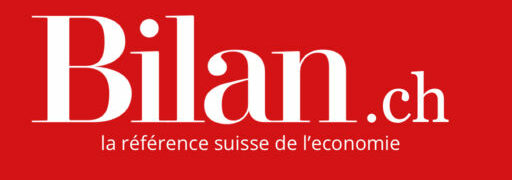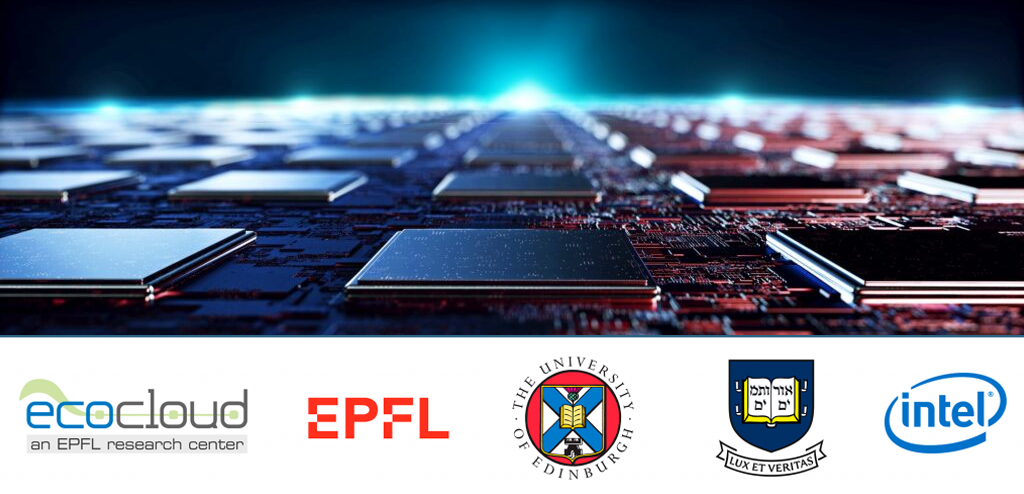On the 9th of December, 2021 the world of IT security abruptly went into a state of shock. An alarming message was spreading like wildfire: RCE 0-day exploit found in log4j For the uninitiated, there is a lot to unpack here. “RCE” stands for remote code execution: similar to […]
Read MoreNews
The Oracle Database Multilingual Engine (MLE) and APEX
Featured talk at EPFL: UGraalVM’s full power in the Database Starting with Oracle Database 21c, developers can execute JavaScript within the database. This functionality is enabled by the Multilingual Engine (MLE), powered by GraalVM, and enables Oracle APEX 20.2 to be the first (and only) low code framework on the […]
Read MoreEcoCloud featured in Bilan
Swiss business magazine Bilan spoke to David Atienza about how Swiss Vault, Infomaniak and EcoCloud are planning to revolutionise data center technology with lower power comsumption and greater efficiency. Il est possible de stocker et gérer ses données sans polluer
Read MoreUsing the matrix to help Meta gear up
Just 12-months after it was created, in December 2004, 1-million people were active on Facebook. As of December 2021 it had an average 1.93 billion daily active users. EPFL is in a unique collaboration with its parent company Meta around distributed deep learning research. For a user base of this […]
Read MoreWe stand with Ukraine
EcoCloud strongly condemns Russia’s military invasion and acts of war in Ukraine, as well as the dreadful violation of international humanitarian and human rights law. We are really shocked by the tragedy currently unfolding in Ukraine, and we fully support everyone affected by the war. The EcoCloud community calls on […]
Read MoreASPLOS is back – in person
After going virtual since 2022, ASPLOS is returning to Lausanne for the 2022 edition, 28th February to 4th March. The 2022 edition of ASPLOS marks its 40th anniversary. In 1982, ASPLOS emerged as the ultimate conference for researchers from a variety of software and hardware system communities to collaborate and […]
Read MoreHeterogeneous computing creates new electrical-level vulnerabilities
Under the initiative of the armasuisse – Cyber-Defence Campus, a team of EPFL scientists, including CYD Doctoral Fellow Dina Mahmoud of PARSA, recently presented the first proof-of-concept for undervolting-based fault injection from the programmable logic of a field programmable gate array (FPGA) to the software executing on a processing system […]
Read MoreIntel funds EcoCloud Midgard-based research
An exciting new development in the progress of Midgard, a novel re-envisioning of the virtual memory abstraction ubiquitous to computer systems, sees a tech leader funding research that will bring together experts from Yale, the University of Edinburgh and EcoCloud at EPFL. Global semiconductor manufacturer Intel is sponsoring an EcoCloud-led […]
Read MoreCompusapien: More computing, less energy
Today’s data centres have an efficiency problem – much of their energy is used not to process data, but to keep the servers cool. A new server architecture under development by the EU-funded COMPUSAPIEN project could solve this. As the digital revolution continues to accelerate, so too does our demand […]
Read MoreEcoCloud organizes Cloud Sustainability Days 2021
The Cloud Sustainability Days, organised by the EPFL EcoCloud Center, are beginning. LINK TO LIVE COVERAGE PROGRAM Please use the basement entrance: This conference is organised by the EPFL EcoCloud Center for sustainable cloud technologies, with the participation of the Swiss Datacenter Efficiency Association, the EPFL FUSTIC association, members of […]
Read More








